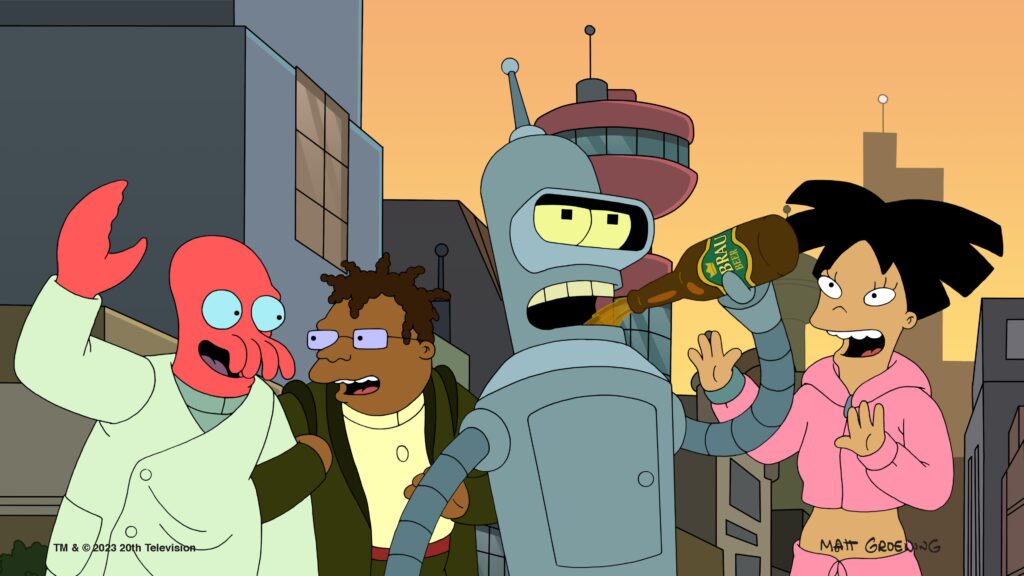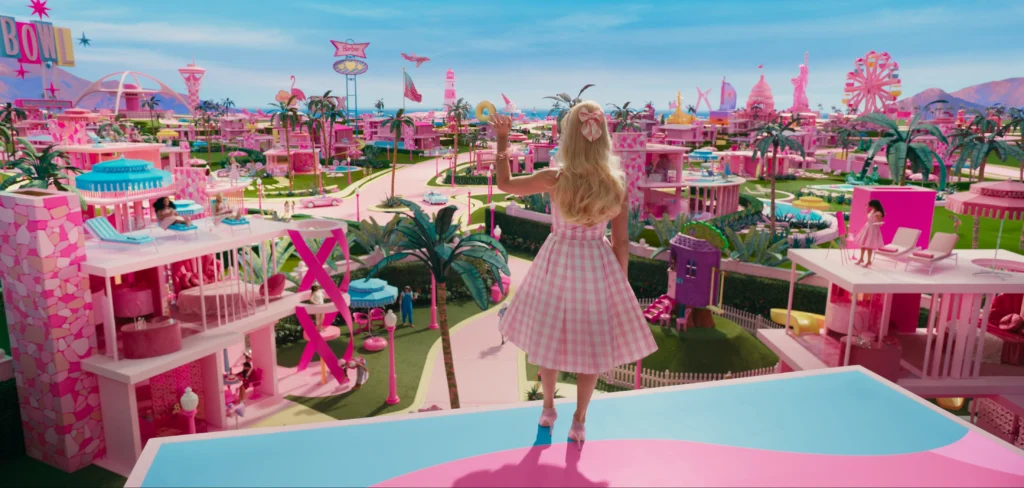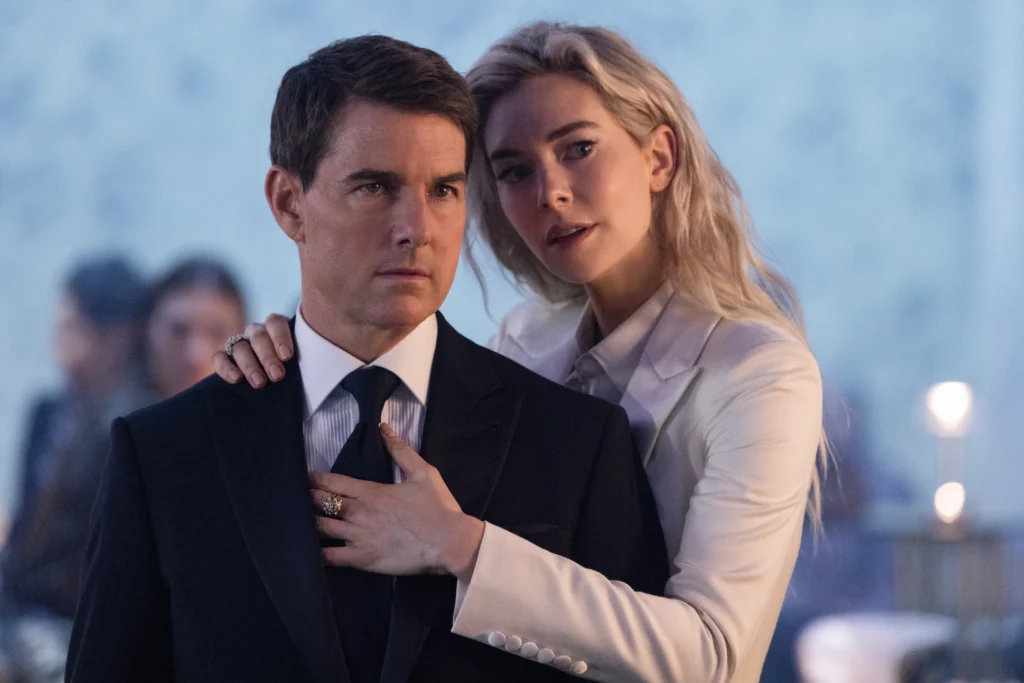Futurama enters the streaming age without missing a beat
Written by Ian Thomas Malone, Posted in Blog, Pop Culture, TV Reviews
Futurama owed its original revival to two elements of the television landscape that are very much no longer in play. Riding the same wave of Adult Swim popularity and DVD sales that saw Family Guy returned to network television, Futurama was originally resurrected as a series of four direct-to-DVD movies that were restructured to comprise a fifth season on cable network Comedy Central, which later commissioned two additional seasons (the exact number of Futurama seasons is a bit tricky to pinpoint). The streaming era has largely replaced both the DVD market and original programming on basic cable, a new normal that the industry is still very much figuring out how to navigate.
While television has changed quite a bit since Futurama aired its most recent finale in 2013, the adult animated comedy scene has largely remained the same. There’s a certain irony in the old cliché about The Simpsons being past its prime when shows like South Park, Family Guy, Bob’s Burgers, and American Dad! have all blown past the range of the former’s consensus golden age. Futurama, along with the recently resurrected Aqua Teen Hunger Force and the upcoming revival of King of the Hill, aims to defy the recent string of unsuccessful nostalgia grabs that has plagued live-action continuations of former hits shows.
The first six episodes of Futurama’s upcoming eighth season that were provided to critics demonstrate a show unflustered by the passage of time. Our world has changed a lot since the show introduced us to the 31st century, but the Planet Express team largely carried on in the year 3023 with business as usual, with a few key exceptions. Futurama has always conducted itself with a greater degree of sincerity than most of its animated contemporaries. Season eight gives its characters space to grow without compromising the core foundation of the show.
The episodes are a great blend of character-centric storytelling and the zanier adventures that defined the early days of the show. Topical subjects like streaming TV, cryptocurrency, and monopolistic capitalism are covered with varying degrees of success, in some cases the humor barely scratching the surface of the available material. The voice cast hasn’t lost a beat. Their banter constantly makes you smile like you’re in the company of old friends.
Futurama’s narrative approach lends itself well to the passage of time, with much of the humor tied to the situational comedy of the story rather than straight one-liners or popular culture references. Fan favorites such as Bender and Dr. Zoidberg receive plenty of jokes, but the show gives the entire ensemble plenty of time to shine as well, including many favorites from the recurring bench. The show pokes plenty of fun at itself as well, a well-deserved victory lap of sorts for those of us who have rooted for Futurama’s success over the years.
Season eight is not likely to garner many new converts, but Futurama still has plenty of gas left in the tank. Longtime fans who weren’t too fond of the Comedy Central years are probably best sticking to the original run. The streaming era carries no real mandate comparable to the finite amount of timeslots available for a programming block like Fox’s old “Animation Domination.” Futurama certainly has far less mileage than any of its contemporaries. Season eight might not be genre-defining television, but it’s great to have these characters back for another round of adventures.













